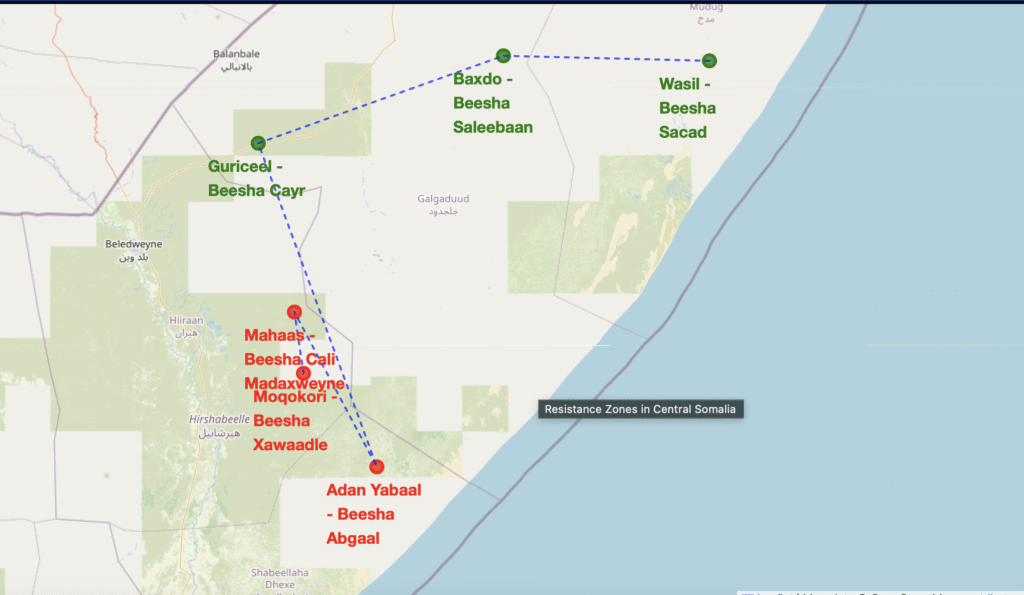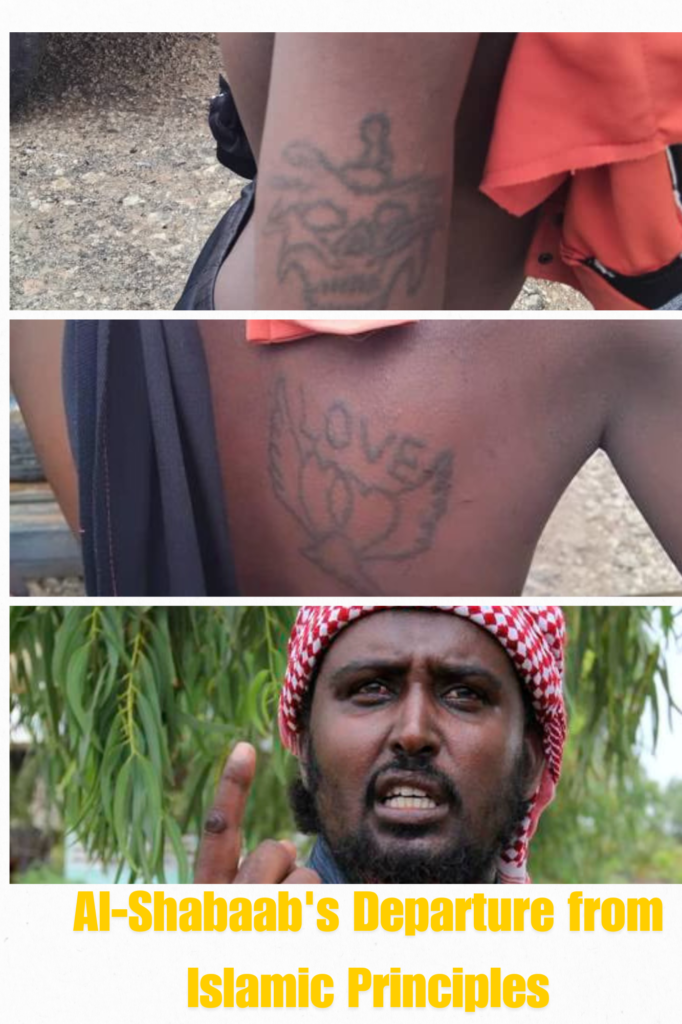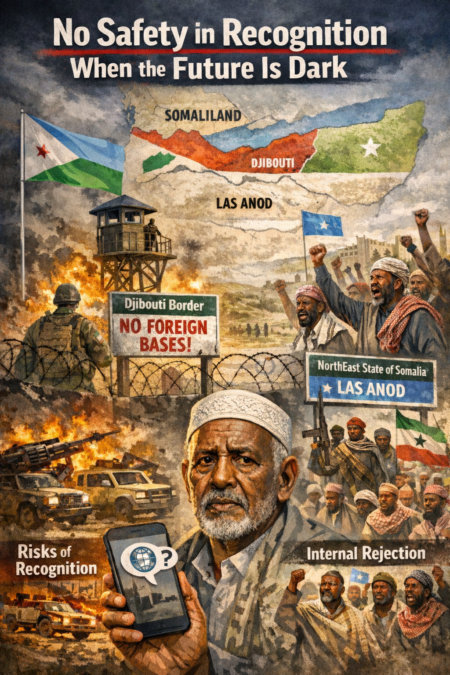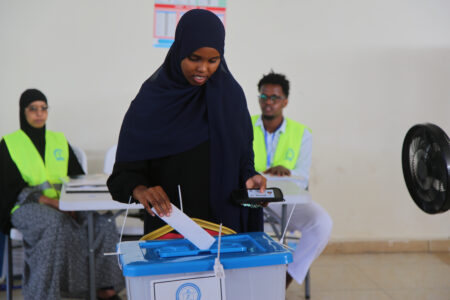For those closely following events in Somalia, there’s a troubling narrative being repeated — that Al-Shabaab is once again capturing ground, moving back into towns and districts it lost years ago. On the surface, it sounds alarming. But peel back the surface, and the reality tells a very different story about How political dynamics shape these developments. How the political landscape plays a crucial role cannot be understated.
These aren’t victories won through firepower or strategy. They are, more often than not, political arrangements. Quiet handovers. Spaces abandoned by design, not lost in battle, illustrating How the situation evolves.
This situation illustrates How political influence can shift outcomes in favour of certain groups over others.
Understanding How these dynamics operate is essential for grasping the bigger picture in Somalia.
What Really Happened in Mahaas and Adan Yabaal?
Let’s take Mahaas and Adan Yabaal — both mentioned frequently in the news as “recaptured” by Al-Shabaab. But ask anyone who lives there or pays close attention to How power actually works in these areas, and a different picture emerges.

This highlights a critical question: How do local powers influence such changes?
It raises concerns about How perceptions of strength are crafted through narratives.
This begs the question: How can we better understand the subtle shifts in power?
It’s crucial to consider How community resilience plays into this equation.
About three months ago, Somalia’s national intelligence chief was removed from his post. That decision triggered whispers — particularly among politicians from the region — that Al-Shabaab would likely “come back.” Not because the group had grown stronger, but because certain actors had lost interest in keeping them out.
Lo and behold, the group returned. No battle. No pushback. Just a quiet reentry. That’s not a sign of battlefield defeat. That’s a political decision — or worse, a calculated betrayal.
This illustrates How propaganda can manipulate narratives for political gain.
A Dangerous Story Is Being Told
Calling these places “recaptured” feeds into a dangerous and lazy narrative. It suggests Al-Shabaab is growing stronger, that it is defeating the government and regaining momentum. In truth, nothing could be further from reality.
The group has shifted away from military conquest and instead focuses on slipping into power where chaos, clan conflict, or political games open the door for them. They are not fighting for these towns. They are being allowed in — often by people who hope to use their presence as leverage in larger political games.
Local Communities Are Doing the Real Work
There are many places where Al-Shabaab has tried and failed to gain a foothold — not because of a massive army or drone strikes, but because local people refused to let them in.
Look at Wasil, Baxdo, Guriceel. These towns, spread across Mudug and Galgaduud, have stood firm. Not because they had endless resources, but because they had resolve. They formed community patrols. They organized. They held the line.
Ultimately, it’s about How communities can reclaim their narrative and resist.
There’s even an informal resistance zone stretching from Burjeed to Ceelbuur and toward Galkayo — a kind of invisible wall that Al-Shabaab simply can’t cross. Not because it’s guarded by soldiers, but because the people there have said “No.” Loudly and repeatedly.
The Myth of Strength
When you hear reports that Al-Shabaab is gaining ground, ask: Who benefits from that story? Who stands to gain by making the federal government look weak? Who wants to justify more funding, more weapons, or more clan-based power structures by pretending that Somalia is collapsing?
The truth is, the group hasn’t gotten stronger. It’s gotten smarter — or maybe just luckier — as political actors open doors they once helped close.
Mahaas, for example, was liberated over a decade ago by brave civilians from Guriceel. It stayed free not because of international troops, but because the community kept it that way. So why did things change now? Not because of Al-Shabaab. Because the politics around Mahaas changed.
The Story We Tell Matters
When we say a town has been “recaptured,” we do more than describe a military situation. We send a message to the world — one that can mislead, manipulate, and even harm Somalia’s long-term recovery.
So let’s call things by their true name. These aren’t conquests. They are political invitations. And the real front line in this conflict isn’t drawn on a map — it’s found in the courage of communities who refuse to bow, even when their leaders do.





